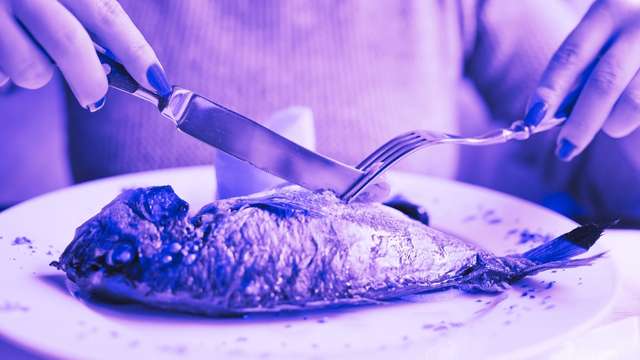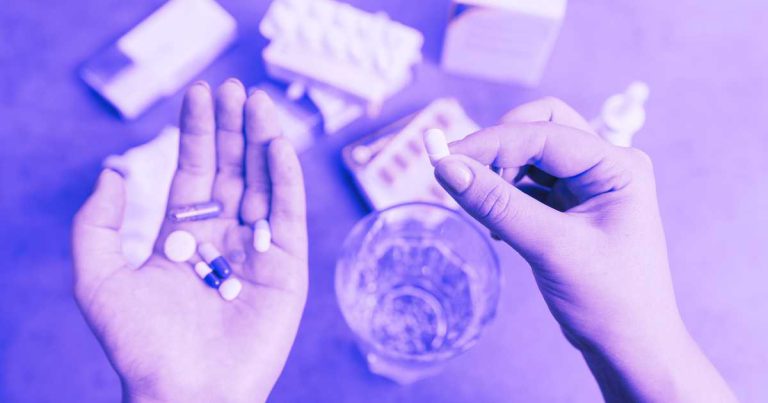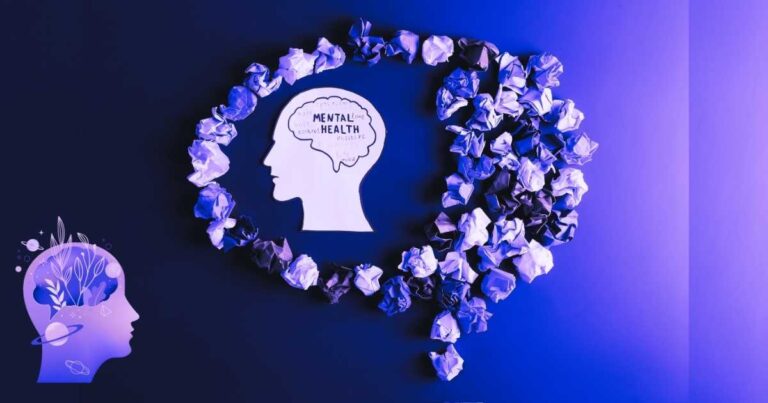The Surprising Link Between Food and Your Dreams
What you eat can have a surprising impact on the content and vividness of your dreams. While the connection between diet and dreaming is not fully understood, research suggests that certain foods and nutrients may influence your nighttime experiences.

By making smart dietary choices, you can potentially enhance your dream recall, reduce nightmares, and even boost your chances of having lucid dreams.
Key Takeaways
- Vitamin B6, found in foods like whole grains, legumes, and bananas, has been shown to improve dream recall
- High-sugar, spicy, and dairy-rich foods are associated with more disturbing or bizarre dreams
- Eating close to bedtime can lead to more vivid dreams and nightmares
- Tryptophan-rich foods like turkey, eggs, and nuts may promote more positive dream content
- Keeping a consistent, balanced diet supports healthy sleep patterns and dreaming
The food-dream connection has fascinated people for centuries. In the early 1900s, a popular comic strip called “Dream of the Rarebit Fiend” played on the idea that eating Welsh rarebit, a cheese dish, could trigger wild dreams. Today, around 17.8% of people believe that their dreams are influenced by what they eat.
So what does the science say? While more research is needed, studies suggest there are some compelling links between diet and dreaming:
The Vitamin B6 Effect
One of the most promising findings is that vitamin B6 may help you remember your dreams more clearly. In a study from the University of Adelaide, participants took high-dose B6 supplements before bed for 5 days. Many reported improvements in their ability to recall dreams compared to a placebo.
Vitamin B6 is found naturally in foods like:
- Whole grain cereals
- Legumes
- Fruits (bananas, avocado)
- Vegetables (spinach, potato)
- Milk, cheese, eggs
- Red meat, liver, fish
The study used a 240mg dose of B6, much higher than the recommended daily amount of 1.3mg for adults. More research is needed on whether dietary B6 intake affects dreaming. But eating B6-rich foods certainly can’t hurt!
Get free Dream Interpretation by using our Dream App
Disturbing Diets, Disturbing Dreams
On the flip side, certain foods are associated with nightmares and bizarre dreams. In surveys, the most frequently blamed culprits are:
Food Category | % Reporting Disturbing Dreams | % Reporting Bizarre Dreams |
|---|---|---|
Dairy | 43.8% | 38.5% |
Spicy Foods | 18.8% | 7.7% |
Sweets | 12.5% | 30.8% |
Starchy Foods | 12.5% | – |
9.4% | – |
Specific foods that were called out include:
- Cheese and pizza (dairy)
- Chocolate and cookies (sweets)
- Curry and hot sauce (spicy)
- Pasta and bread (starchy)
What could explain this? One theory is that these hard-to-digest foods cause gastrointestinal distress during sleep, leading to more awakenings and dream recall. Spicy foods also elevate body temperature, which may disrupt sleep and dreaming.
Another possibility is the placebo effect – because these foods have a reputation for causing bad dreams, people may be more likely to remember nightmares after eating them. More controlled studies are needed to determine cause and effect.
Timing Matters
When you eat may be just as important as what you eat. Eating anything too close to bedtime can lead to more disturbed, vivid dreams and nightmares.
This is likely because late-night snacking:
- Raises core body temperature, making it harder to cool down for sleep
- Triggers digestive activity when your body should be focused on rest and repair
- Causes blood sugar fluctuations that may fragment sleep
Sleep experts recommend avoiding food at least 2-3 hours before bed for optimal sleep quality. If you must have a late snack, choose something light and easily digestible like yogurt, crackers, or fruit.
Dream-Friendly Foods
Just as some foods are blamed for bad dreams, others have a reputation for promoting positive ones. While the research is limited, these foods and nutrients show promise:
Tryptophan
Tryptophan is an amino acid used by the body to make serotonin, a neurotransmitter involved in regulating mood and sleep. Foods high in tryptophan include:
- Turkey
- Eggs
- Cheese
- Nuts and seeds
- Salmon
- Tofu
In theory, eating more tryptophan could boost serotonin levels and lead to happier, less anxious dreams. One small study found that a tryptophan-rich evening meal reduced nightmare frequency in people with PTSD. More research is needed to confirm these effects in the general population.
Melatonin
Melatonin is a hormone that helps regulate the sleep-wake cycle. Some foods contain melatonin or nutrients that support its production, such as:
- Tart cherries
- Walnuts
- Corn
- Asparagus
- Tomatoes
- Oats
Eating these foods won’t necessarily boost your melatonin levels enough to impact dreaming. But they may help you establish a consistent sleep schedule, which is important for dream recall.
Omega-3s
Omega-3 fatty acids, found in oily fish, walnuts, and flaxseeds, are known for their brain-boosting benefits. Preliminary research suggests they may also influence dreaming.
In a small study, taking an omega-3 supplement reduced nightmares and improved sleep quality in children. Another study found that lucid dreamers had higher blood levels of omega-3s compared to non-lucid dreamers. While intriguing, more studies are needed to understand these effects.
The Fasting Connection
Interestingly, not eating may actually enhance dreaming. Fasting has long been used in spiritual traditions to induce vivid dreams and visions.
The science behind this is unclear, but a few theories exist:
- Fasting may trigger the release of ketones, which can alter brain chemistry and perception
- Hunger pangs during the night may cause micro-awakenings, making dreams easier to remember
- Calorie restriction may increase brain activity during REM sleep, the stage most associated with dreaming
Of course, extended fasting can be dangerous without medical supervision. A safer option may be intermittent fasting or simply allowing more time between your last meal and bedtime.
Putting It All Together
Based on the available evidence, here are some tips for optimizing your diet for dreaming:
- Eat a balanced, nutrient-rich diet with plenty of fruits, vegetables, whole grains, and lean proteins. Avoid processed junk foods.
- Consider adding vitamin B6-rich foods like bananas, spinach, and chicken to your diet. A B-complex supplement may also help, but talk to your doctor first.
- Go easy on the late-night snacks, especially dairy, sugar, and spicy foods. If you’re hungry, opt for a small, easily digestible bite.
- Experiment with tryptophan-rich foods like turkey, eggs, and nuts in your evening meal. Notice any positive changes in your dream content.
- Incorporate omega-3 sources like salmon, walnuts, and flaxseeds. These healthy fats may benefit both your brain and your dreams.
- Consider a short bout of intermittent fasting (e.g. 12-16 hours) and note any effects on your dream recall and vividness. Always listen to your body and don’t overdo it.
- Keep a dream journal and log your diet to identify personal patterns. Everyone is different, so find what works for you!
Remember, the most important thing for vivid dreaming is getting enough high-quality sleep. Focus on establishing consistent sleep-wake times, creating a relaxing bedtime routine, and managing stress. A healthy diet can certainly help, but it’s just one piece of the puzzle.
Sweet dreams!






